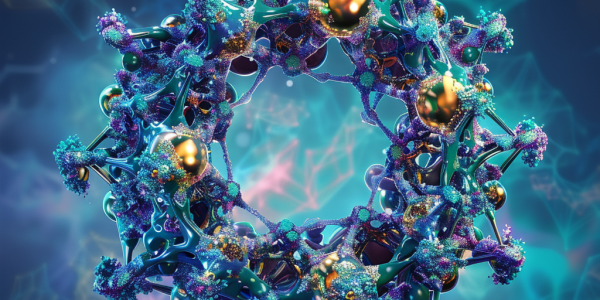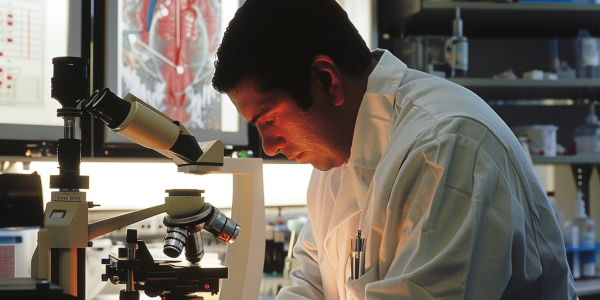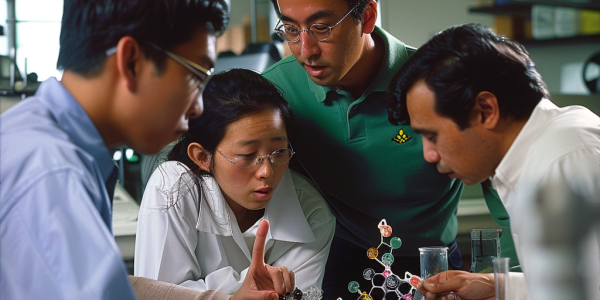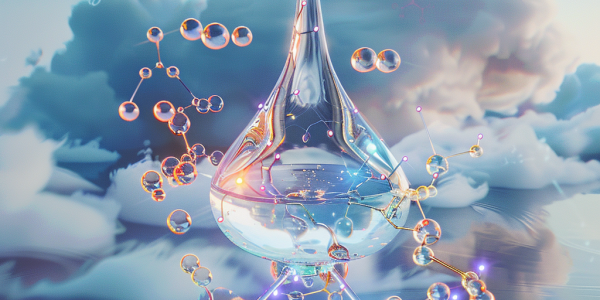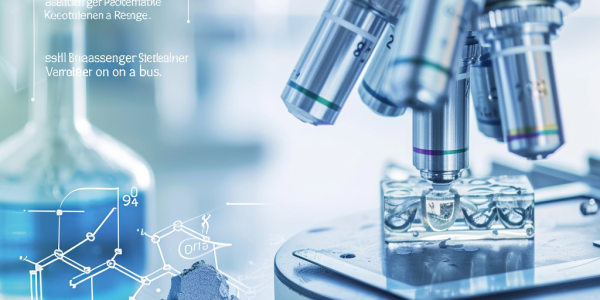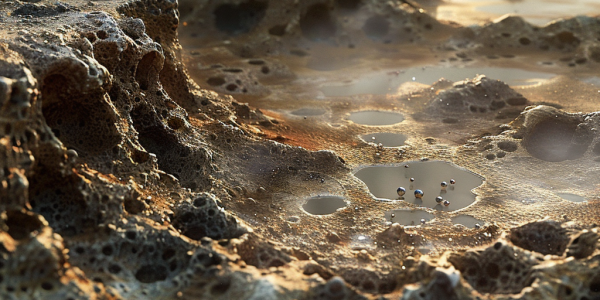Breakthrough Study Reveals ‘Latent Pores’ in Macrocyclic Molecular Crystals for Enhanced Separation Techniques
A groundbreaking study from Hiroshima University reveals the potential of ‘latent pores’ in macrocyclic molecular crystals for selective molecule trapping. This innovation could revolutionize separation techniques in industries like pharmaceuticals, environmental science, and recycling, leading to more efficient and sustainable practices.
Revolutionary Non-Addictive Painkiller Targets Chronic Pain Areas
Researchers have developed a groundbreaking non-addictive painkiller that targets chronic pain areas directly, marking a significant advancement in pain management. This innovative prodrug remains inactive until it reaches sites of chronic discomfort, offering a more effective treatment by addressing the root causes of pain. As preparations for human trials begin, this targeted approach promises to transform chronic pain therapy, providing hope for millions suffering from this condition.
Breakthrough in Nuclear Physics: Scientists Successfully Produce Livermorium Isotope
A groundbreaking achievement in nuclear physics has been made by an international team of scientists at Lawrence Berkeley National Laboratory, successfully producing the superheavy element livermorium (element 116). Utilizing the advanced 88-Inch Cyclotron, researchers conducted a record-breaking 10,000 trillion fusion attempts, paving the way for future discoveries of new elements, including the theorized element 120. This significant milestone enhances our understanding of atomic structure and the potential applications of superheavy elements in various scientific fields.
Breakthrough Azide-Wittig Reaction Revolutionizes Organic Synthesis
Researchers at the Rostock Leibniz Institute for Catalysis have discovered the Azide-Wittig reaction, a groundbreaking advancement in organic synthesis. Led by Dr. Christian Hering-Junghans and Ph.D. student Kushik, this innovative reaction integrates nitrogen-carbon bonds, offering new pathways for creating complex organic molecules. This significant development promises to enhance drug development and materials science, showcasing the unpredictable nature of scientific research and the importance of adaptability.
UCLA Study Reveals Cancer Risks from Fire Smoke Chemicals
A groundbreaking study from UCLA reveals the cancer risks associated with polycyclic aromatic hydrocarbons (PAHs) found in fire smoke. Led by firefighter Derek Urwin, the research indicates that certain lesser-known PAHs may pose a greater cancer risk than the known carcinogen benzo[a]pyrene. Utilizing advanced simulations, the study highlights the need for improved safety measures for firefighters and others exposed to these hazardous chemicals.
Breakthrough Discovery of Complex Carbon Molecules in Interstellar Cloud Sheds Light on Origins of Life
A groundbreaking discovery by MIT scientists reveals complex carbon molecules, specifically pyrene, in a distant interstellar cloud. This finding enhances our understanding of the origins of life and suggests that these organic compounds could have contributed to prebiotic chemistry on Earth. The detection of pyrene challenges previous notions about the survival of complex molecules in harsh cosmic environments, opening new avenues for research into the building blocks of life in the universe.
Asteroid Ryugu’s Water Reveals Insights into Early Earth and Life’s Origins
Recent studies of the ancient asteroid Ryugu, conducted by the Hayabusa2 mission, reveal crucial insights into the role of water in its evolution and its potential impact on early Earth. The findings highlight how freeze-thaw cycles shaped Ryugu’s surface and internal structure, suggesting that asteroids like Ryugu may have contributed organic materials essential for life on our planet.
Breakthrough Study Reveals Molecular Mechanisms of Air Pollution Formation
Recent research published in Nature Communications reveals groundbreaking insights into air pollution formation, focusing on the molecular mechanisms at the liquid-vapor interface. This study uncovers the complex acid-base equilibria that influence air quality and climate change, highlighting the unique behavior of pollutants like sulfur dioxide. Understanding these chemical dynamics is vital for developing accurate models and effective strategies to combat air pollution and its impact on global climate patterns.
Breakthrough in Cobalt-Manganese Catalysts Enhances Hydrogen Production
Researchers from German institutions have uncovered the crucial role of manganese in cobalt-manganese catalysts for hydrogen production via water electrolysis. Published in Advanced Energy Materials, this breakthrough enhances catalyst efficiency and stability, paving the way for cost-effective and sustainable energy solutions. The study highlights the importance of interdisciplinary collaboration in advancing green technologies.
New Geological Scenario Proposed for the Origins of Life on Earth
Recent research from Ludwig Maximilian University proposes a new geological scenario for the origins of life, focusing on RNA replication in unique volcanic island conditions. This study highlights how simple geological processes may have facilitated the emergence of life on early Earth, providing insights into the complex interplay between environmental factors and the development of genetic material.

